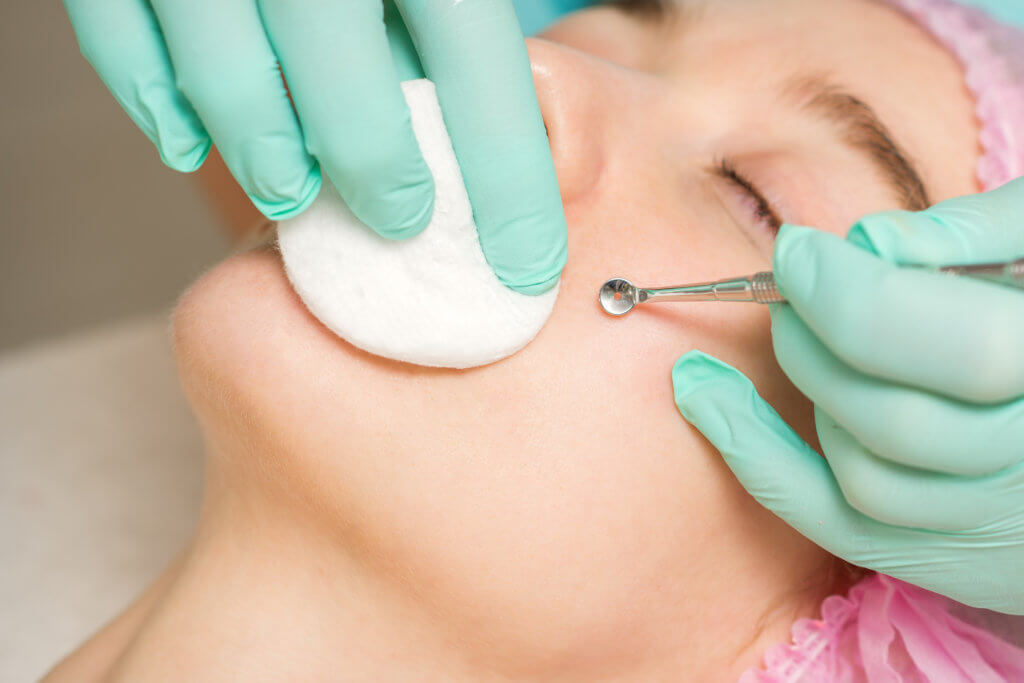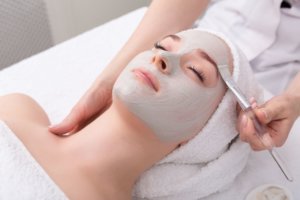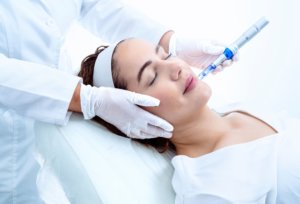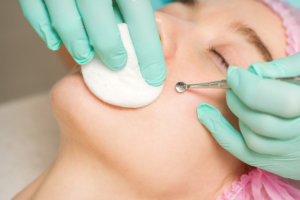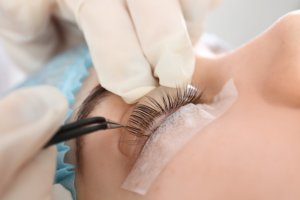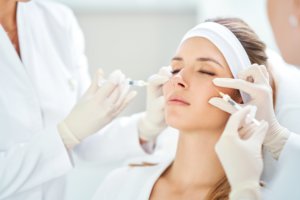Introduction
Are you tired of battling acne and looking for practical solutions to achieve precise and radiant skin? You’re not alone! Acne is a common skin concern affecting people of all ages, causing physical discomfort, self-esteem, and confidence. This comprehensive guide will explore various acne treatment options, keeping it simple and jargon-free. Finding the proper treatment can significantly affect your skin’s appearance and overall well-being, whether you are a teenager or an adult. So, let’s dive into the world of acne treatments and discover the most effective solutions to tackle this skin challenge.
Understanding Acne: The Basics
Before we delve into treatments, let’s understand what acne is and why it occurs. Acne is a skin condition characterized by the formation of pimples, blackheads, whiteheads, and sometimes cysts, which primarily appear on the face, chest, back, and shoulders. Clogged hair follicles cause it due to excess oil production, dead skin cells, and bacteria. Hormonal changes, genetics, and certain lifestyle factors can exacerbate acne.
Over-the-Counter (OTC) Treatments
Over-the-counter treatments can be an excellent starting point for mild cases of acne. These products are easily accessible without a prescription and can help unclog pores and reduce inflammation. Some common OTC treatments include:
Benzoyl Peroxide
Benzoyl peroxide is an antimicrobial agent that targets acne-causing bacteria. It helps in reducing inflammation and clearing the skin of existing blemishes. When using benzoyl peroxide, start with a lower concentration to avoid skin irritation and gradually increase it if needed.
Salicylic Acid
Salicylic acid is a beta-hydroxy acid that exfoliates the skin and helps unclog pores. It benefits those with oily skin, as it can control excess oil production and prevent further breakouts.
Topical Retinoids
Topical retinoids, derived from vitamin A, are known for their ability to promote cell turnover and prevent the formation of new acne lesions. They also help fade acne scars and improve skin texture.
Prescription Medications
Consider prescription medications if OTC treatments do not provide the desired results or if you have moderate to severe acne. These treatments are prescribed by a dermatologist and target specific acne-causing factors.
Oral Antibiotics
Oral antibiotics, such as tetracycline or doxycycline, can effectively reduce inflammation and control bacterial growth. They are often used in combination with topical treatments for better results.
Oral Contraceptives
For women, hormonal fluctuations can trigger acne breakouts. Oral contraceptives, known as birth control pills, can help regulate hormones and sometimes improve acne.
Isotretinoin (Accutane)
Isotretinoin is a potent oral medication prescribed for severe acne or cases resistant to other treatments. It reduces oil production, unclogs pores, and can lead to long-term remission of acne. However, it comes with some potential side effects and requires careful monitoring.
In-Office Procedures
In addition to topical and oral treatments, several in-office procedures can help address persistent acne and its aftermath. Trained professionals perform these treatments and provide targeted solutions.
Chemical Peels
Chemical peels involve applying a chemical solution to the skin, which exfoliates the top layer, unclogs pores, and encourages new skin cell growth. They can be beneficial for acne-prone skin and also help with acne scarring.
Microdermabrasion
Microdermabrasion uses tiny exfoliating crystals to remove dead skin cells and unclog pores. It is a non-invasive procedure that can improve skin texture and reduce the appearance of mild acne scars.
Laser and Light Therapies
Laser and light therapies, such as intense pulsed light (IPL) and photodynamic therapy (PDT), target acne-causing bacteria and reduce inflammation. They can also help with redness and pigmentation caused by acne.
Lifestyle Changes and Home Remedies
While professional treatments are essential, lifestyle changes and home remedies can complement your acne treatment routine. Here are some simple yet effective practices to consider:
Skincare Routine
Maintaining a consistent skincare routine is crucial for managing acne. Use gentle, non-comedogenic products and avoid harsh scrubbing, which can irritate the skin and worsen breakouts.
Diet
A balanced diet of fruits, vegetables, and whole grains can benefit your skin. Limiting sugary and high-glycemic foods may also help reduce acne breakouts.
Stress Management
Stress can trigger hormonal fluctuations that contribute to acne. Engage in stress-reducing activities like meditation, yoga, or hobbies you enjoy.
Conclusion
Acne can be frustrating, but with the right approach, it is manageable. Various effective acne treatment options are available, from over-the-counter treatments to in-office procedures and lifestyle changes. If your acne is persistent and not responding to self-care, seeking professional advice from a dermatologist at Opulent Aesthetics and Wellness is crucial. Their experienced team can develop a personalized treatment plan tailored to your skin’s needs, helping you achieve the clear and radiant skin you deserve.
Everyone’s skin is unique, so what works for one person may not work for another. Be patient and consistent with your chosen treatment; with time, you will likely see improvements in your skin’s health and appearance.

